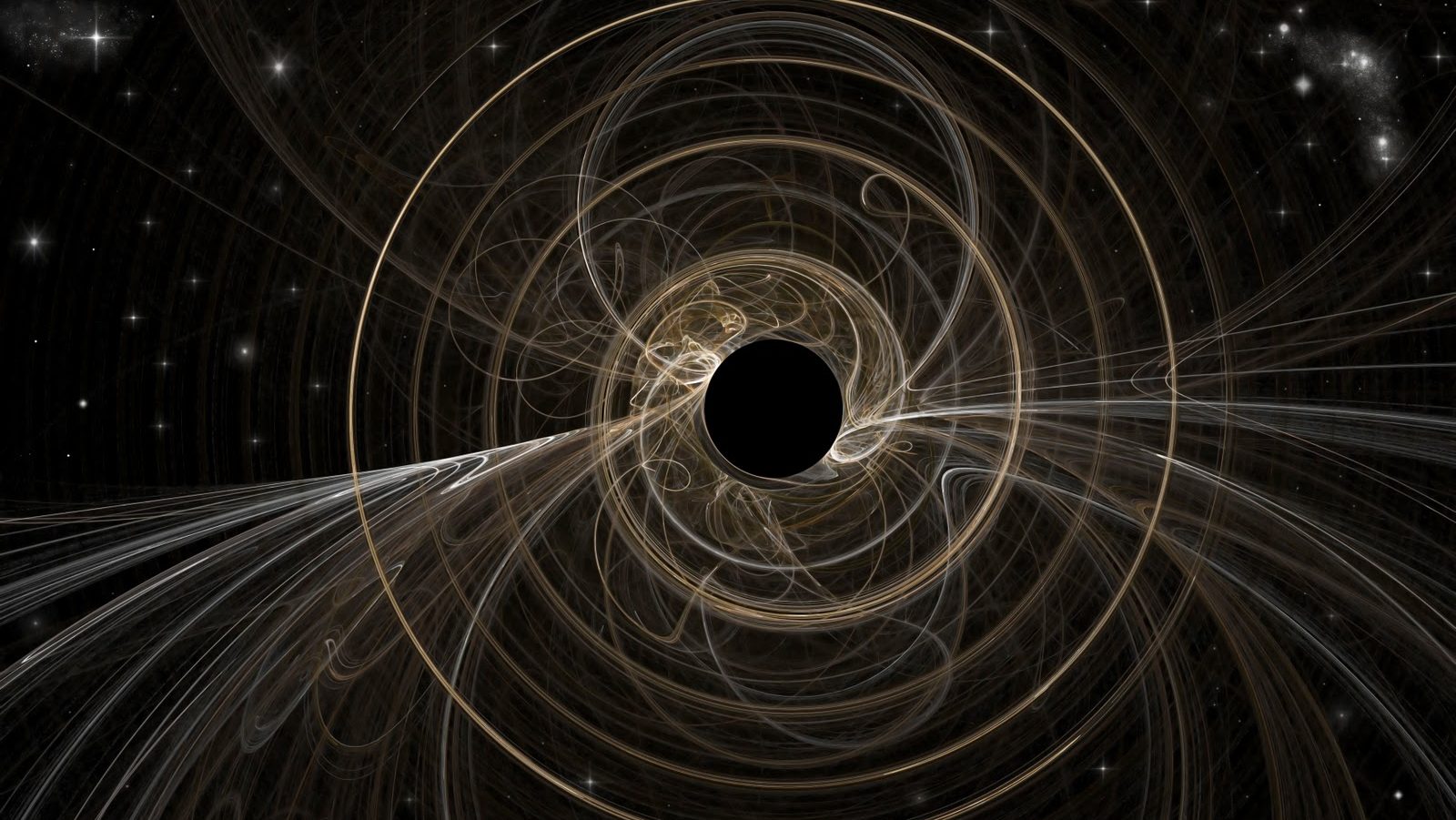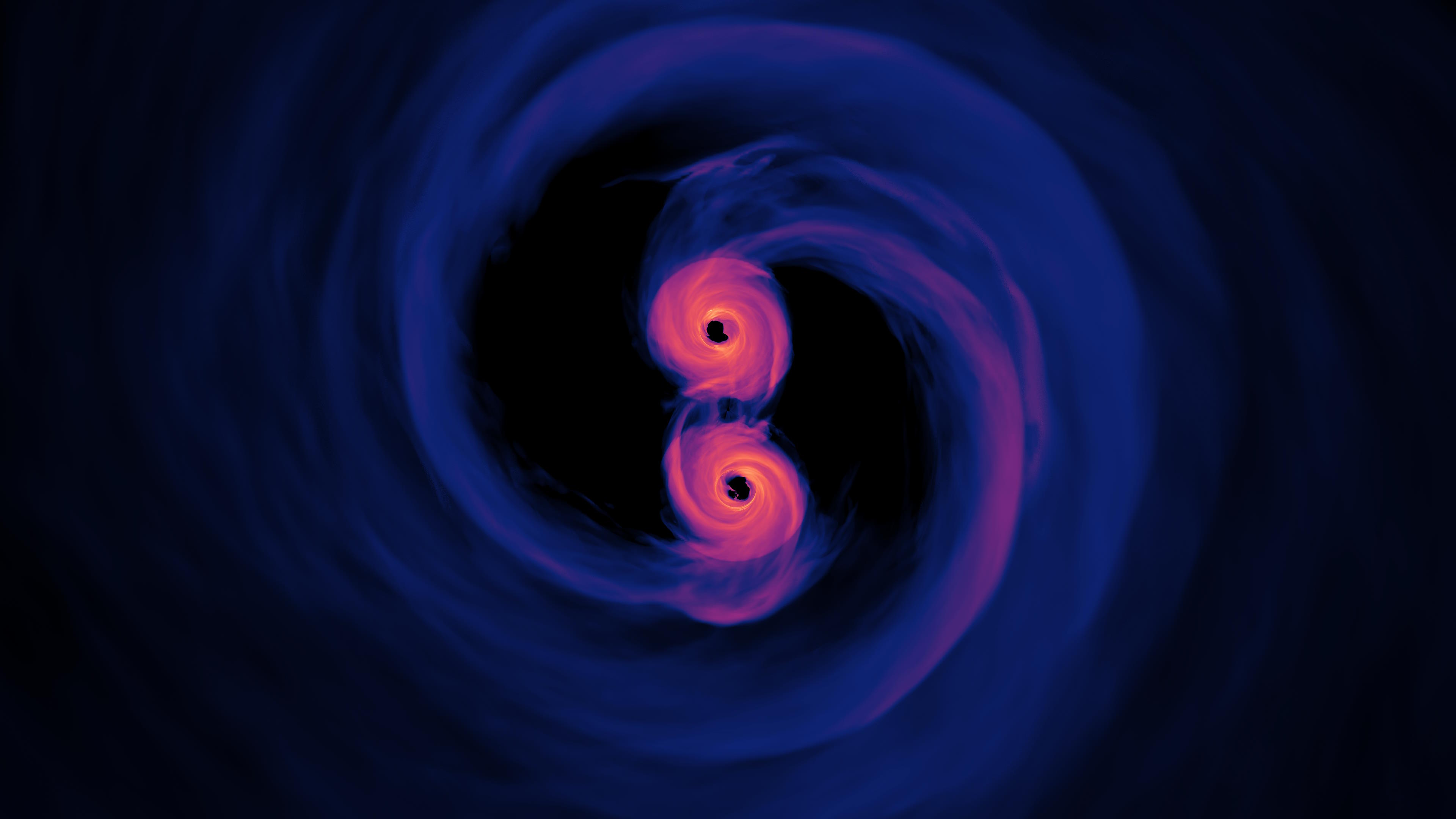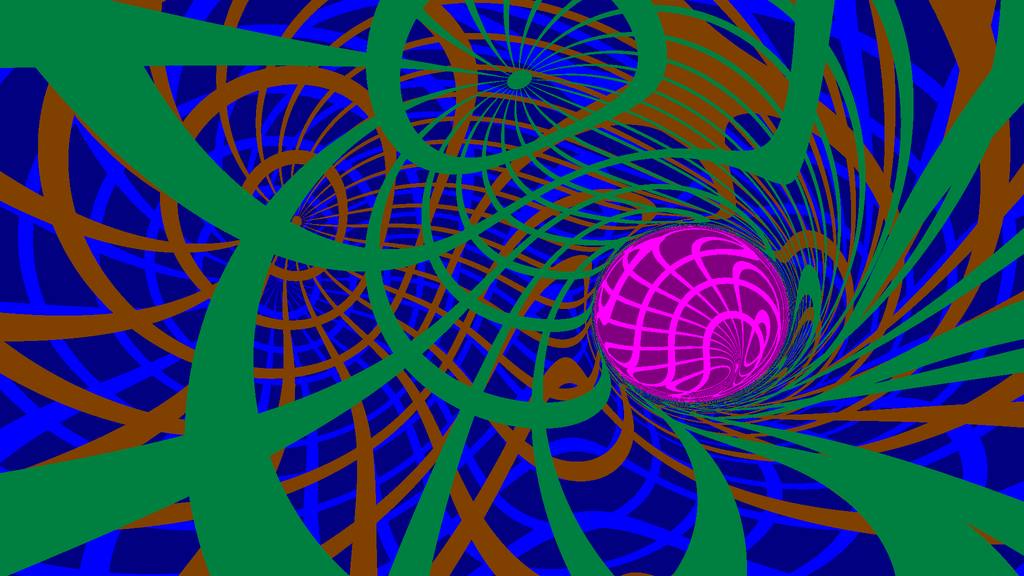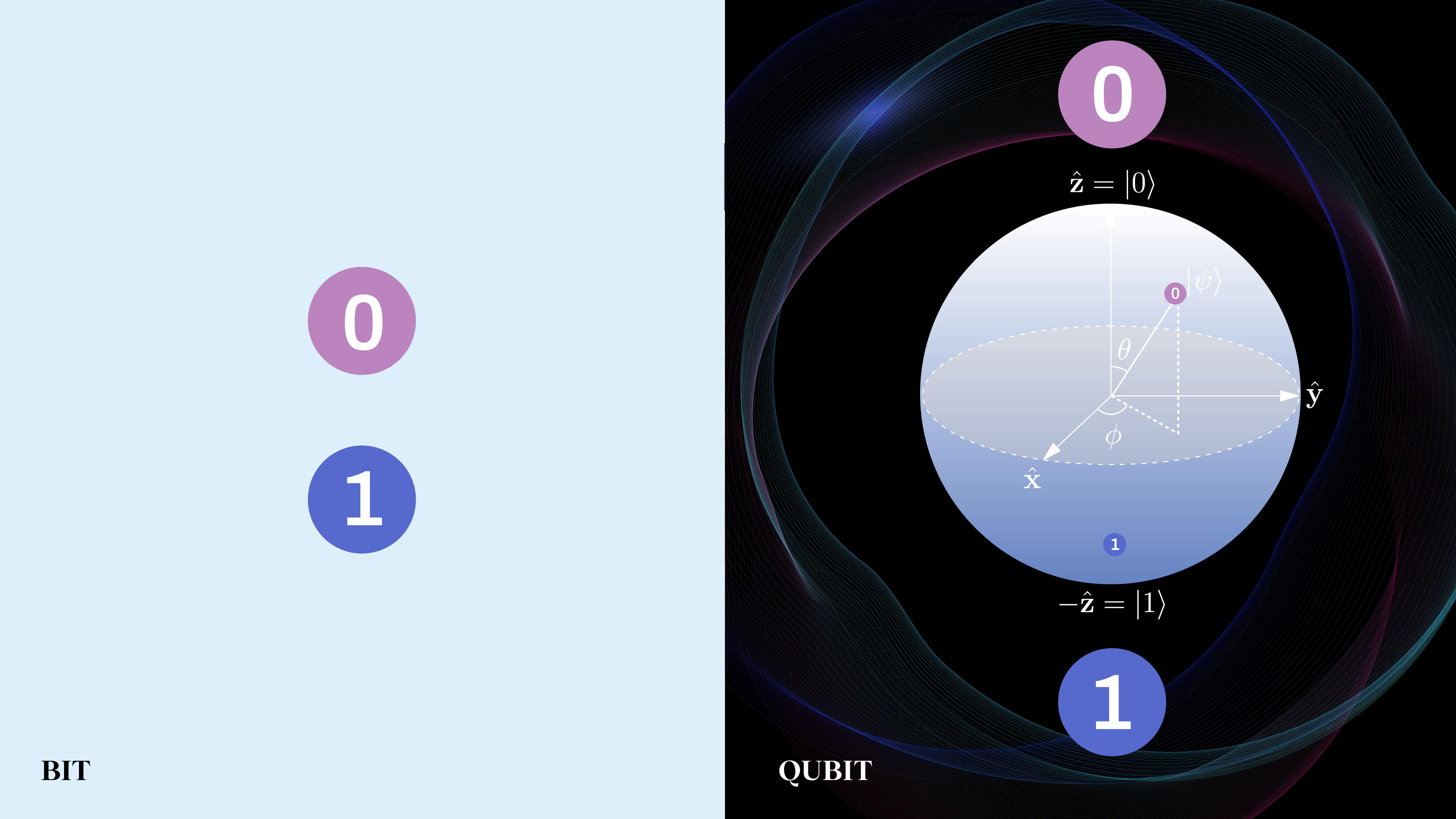According to current physics, the universe began with a Big Bang, leading to an expanding universe where matter, hydrogen, stars, and galaxies formed. From exploding stars came planets, and eventually, life emerged, leading to human beings and technology as we know it today.
Quantum physics reveals the universe as a field of probabilities, full of entirely random sequences. When these sequences produce objects that can copy themselves and survive in their environment, evolution takes place. This quantum randomness provides the fuel for these processes, making the universe appear deterministic over time.
Cronin uses a flipping coin as an example. If a system were truly random, it would yield an equivalent number of heads and tails on a flipped coin. If the coin were weighted, however, and showed mostly heads upon flipping, the system would be considered deterministic.
This difference might just be imperative to understanding how the universe has evolved, through processes of selection and replication, and eventually brought us to this place in space and time.
Lee Cronin: At the beginning of the Universe, current physics would point to a Big Bang, right? And from that Big Bang, the rest of the Universe unfolds. I guess we went from an expanding universe to matter being formed and crystallized, if you like, forming hydrogen. Hydrogen comes together, under gravity it produces stars, stars produce galaxies, planets get produced by exploding stars and fast forward, life emerges on the planets and we have technology and human beings and people lobbing stuff into space.
Quantum physics basically shows you that the Universe is actually quite random. Those random processes can, if you like, be harnessed in the process of selection. So quantum physics gives you, like, literally the possibility space for having fluctuations here, there, and everywhere, 'cause you're looking in a probability; it's like a field. What happens is, those objects are produced, if they can then start to act on themselves or on other simple objects are produced in the same environment, that's when the process starts.
So you have this quantum foam, if you like, of randomness and then this ability for copying to occur, and that copying, whether the copies are allowed to live or not, is selection. And if the copies are allowed to live because the environment doesn't kill them, then that's evolution. And if you like, the quantum nature of the Universe actually generates the random fuel for this to occur.
So it's kind of insane, in that, the way you look at it is: the Universe only looks deterministic because evolution has occurred. The Universe is in fact random and the processes which look non-random is because evolution has made them, through error correction, to become more and more secure. Random events have no kind of relationship to the past, right, they're just random. Whereas when you get deterministic events, they are determined by previous events. And the more determined something is, the less error it is.
I flick a coin. As I flick it, heads. I flick it again, tails. Heads, tails, heads, tails. If I flick a coin and I flick it, I go, "Heads, okay, great." Flick it again, I get heads again. The more heads I flick, the more I know it's determined because it's a weighted coin that's weighted to give heads and not tails. Whereas in a random system, I would just get an even distribution between heads and tails.
So how does something come from nothing is actually much simpler than I thought possible. In that, simply, you have these random processes and then occasionally the random processes, let's say, a simple molecule could pop into existence and then it will just die. But those simple molecules that pop into existence can actually copy themselves, based upon the stuff around them; grow in complexity. So you have this history that evolves literally in front of your eyes.
So how does something come from nothing? One answer: Replication. How did that thing then become more sophisticated? One answer: Evolution. How did that thing then occur in the environment? One answer: Selection.






